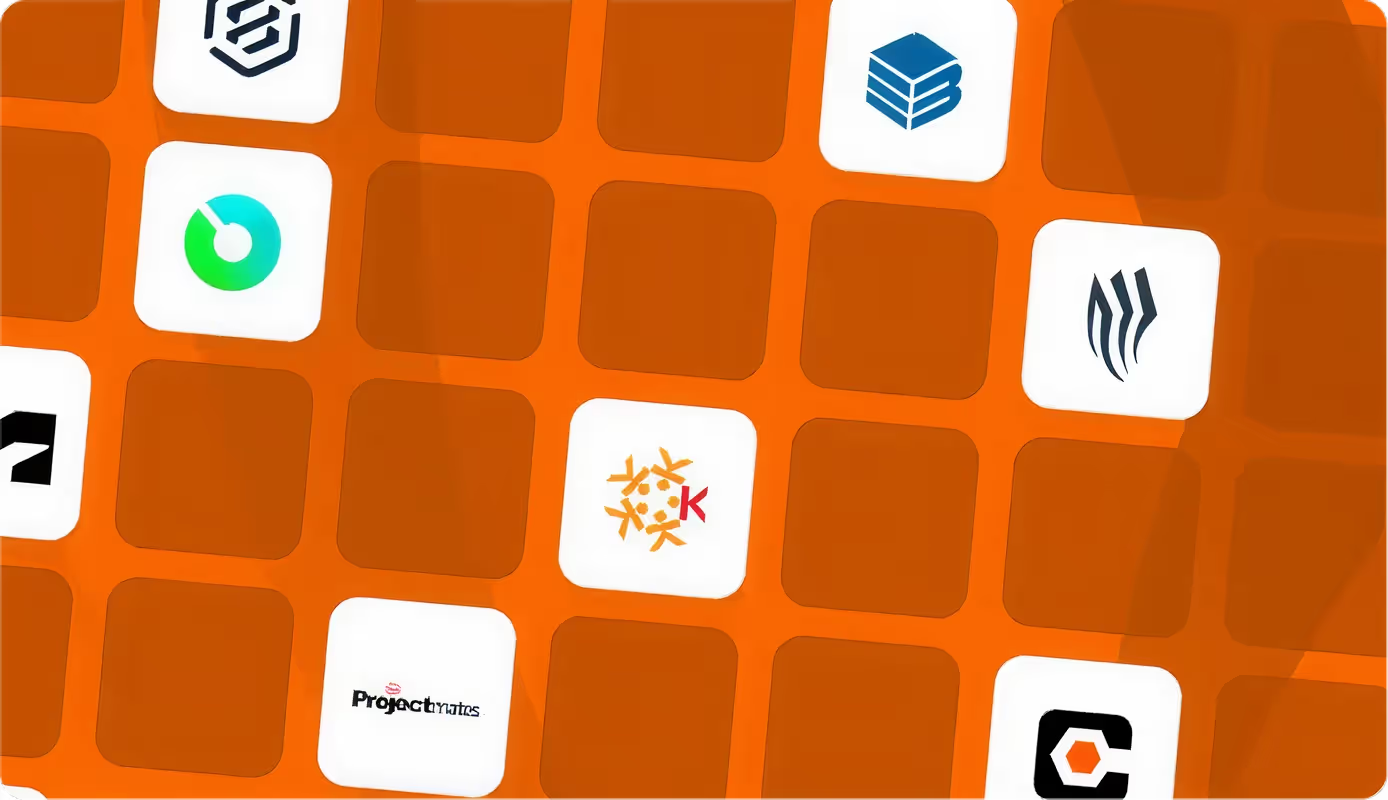Explore the top construction cost tracking software of 2026, designed to help you monitor expenses, control budgets, and ensure financial success in your construction projects.

When every dollar counts, construction cost tracking software delivers the clarity and control you need. Gain visibility into expenses, strengthen forecasting, and make faster financial decisions with tools built for the construction industry. Here are the top choices in 2026:
Construction cost tracking software is a digital tool that records, monitors, and analyzes project expenses in real time. It helps project teams compare actual costs against budgets, track commitments, and identify financial risks before they escalate.
Unlike spreadsheets, construction project cost tracking software consolidates financial data into one platform that all stakeholders can access. It keeps budgets, invoices, change orders, and forecasts organized in one place, making it a core part of project cost management.
Construction cost management software works by digitizing every financial process in a project and linking them in one connected system rather than a spreadsheet or manual process. The software typically works through these functions:
Each part of the system connects to the next. A budget links directly to its contracts. When a payment is approved, the forecast updates right away. Reports draw from the same live data, so nothing goes out of date. Dashboards pull it all together, giving teams a clear view of the project’s financial health as it changes.
Better budget control is the clearest benefit of using cost tracking tools in construction. They help the project manager catch overspending early and maintain financial discipline across the project. Other key benefits include:
These benefits also extend beyond the project itself. Consistent reporting and accurate records simplify audits, reassure investors, and meet compliance requirements with less effort.
A cost control tool is effective if it includes features like real-time cost tracking and forecasting tools. These functions give construction professionals instant visibility into project finances and help keep spending aligned with approved budgets.
When choosing the best construction cost tracking software, consider the following features:
Some project management platforms are exploring AI for forecasting. Mastt, for example, is working on AI features designed to improve cost predictions. These tools aim to analyze historical project data and provide more reliable insights into future budgets, adding another level of accuracy to construction cost planning.
With so many options available, picking the right construction cost management software comes down to knowing your priorities. The following steps can help you narrow down the best option for your projects.
Step 1: Identify Your Challenges
Identify areas where cost tracking is inefficient, such as delayed reporting, inaccurate budgets, or poor visibility. Knowing your problem areas helps narrow down the right software.
Step 2: Prioritize Features
Create a list of must-have features for your projects, such as real-time expense tracking, budget comparisons, or detailed reporting. This prevents choosing software that looks good but doesn’t meet your core requirements.
Step 3: Check Scalability
Consider how well the platform adapts to larger projects or expanding teams. Scalable software prevents costly transitions later as your business grows.
Step 4: Trial Before Buying
Use free trials or demos to test usability and ensure the interface works for your team. Hands-on testing reveals limitations that marketing materials might not show.
Step 5: Read Reviews
Explore feedback from other professionals in the construction industry. Reviews highlight practical strengths and weaknesses, giving you insight beyond vendor promises.
It’s also worth checking how often the construction cost tracking software is updated. Platforms that release regular improvements are more likely to stay secure, adapt to industry changes, and introduce new features that keep your projects competitive.
Effective cost control in construction relies on accurate cost tracking and timely visibility of project expenses. Real-time tools reduce errors, limit overruns, and provide the insight needed for confident planning. The right construction cost tracking software ensures these controls stay reliable throughout the entire project lifecycle.
Recommended as the
Best Construction Cost Tracking Software in 2026
Web-based, Cloud Integration
4.7/5 (Capterra)
Infrastructure & Public Works, Buildings & Real Estate, Industrial & Energy

Web-based, iOS, Android
4.5/5 (Capterra)
Construction, Engineering, and Real Estate Development.

Web-based, iOS, Android
3.9/5 (Capterra)
Construction and Engineering

Web-based, iOS, Android
4.3/5 (Capterra)
Construction, Engineering, and Architecture.

Web-based
4.3/5 (Capterra)
Construction, Real Estate.

Web-based, iOS, Android
4.4/5 (Capterra)
Construction, Government, and Healthcare.

Web-based, iOS, Android
4.1/5 (Capterra)
Construction, Real Estate, Engineering, and Infrastructure Development

Web-based, Windows
3.6/5 (Capterra)
Architecture, Engineering.